LONDON, UK, MAY 25 (V7N) – A new initiative named ‘Bridge to Bangladesh’ was officially launched in London on Saturday, aiming to significantly bolster collaboration between the UK-based Bangladeshi diaspora and Bangladesh's ongoing development efforts.
"Our diaspora has done more than sending money home. They’ve built communities, shaped narratives, and stood by Bangladesh in every crisis. Bridge to Bangladesh recognizes their power to now co-author its future,” stated Bangladesh High Commissioner to the UK, Abida Islam, at the launch event.
The British Bangladeshi diaspora, numbering over 650,000 individuals across the UK and demonstrating a rising presence in politics, business, and academia, is recognized as one of the most established and influential diaspora communities globally. Concentrated in areas like Tower Hamlets, Birmingham, and Luton, this community comprises policymakers, politicians, entrepreneurs, academics, cultural icons, healthcare professionals, and public leaders. They contribute over $1.5 billion annually in remittances to Bangladesh, making the UK the second-highest source after the United States.
The ‘Bridge to Bangladesh’ platform is designed to channel these substantial diaspora resources, skills, investments, and advocacy into Bangladesh’s national priorities, including climate resilience, gender equality, humanitarian actions, and inclusive growth.
The launch event brought together a diverse group of policymakers, diplomats, diaspora leaders, parliamentarians, academics, development experts, and second-generation changemakers. The discussion emphasized a move beyond mere emotional ties and remittances, highlighting the necessity for diaspora engagement to evolve.
According to Oxfam and expert speakers at the event, Bangladesh currently lacks a robust framework to fully harness the potential of its global citizens. The newly launched ‘Bridge to Bangladesh’ platform aims to fill this critical gap.
Baroness Pola Uddin, a member of the House of Lords, UK, lauded the initiative as “a timely structure for collective ambition,” stressing that the diaspora is not merely an extension of Bangladesh, but an integral part of Bangladesh itself. Professor Naomi Hossain of SOAS University of London underscored that "development without dignity cannot succeed," and that diaspora inclusion must reflect values of equity and respect.
Halima Begum, Chief Executive of Oxfam GB, reflected on the long-standing relationship: “For over 50 years, Oxfam has stood with Bangladesh in moments of struggle and triumph. Today, we are proud to stand with the diaspora—with people like me, who carry Bangladesh in our hearts even when we are far from it.”
Beyond leveraging resources, ‘Bridge to Bangladesh’ also seeks to bridge intergenerational divides by actively inviting second-generation British Bangladeshis to participate. Designed as a multi-functional ecosystem, the platform will offer diaspora members concrete pathways for engagement with Bangladesh, including knowledge exchange, investment matchmaking, youth engagement, diplomacy, and global advocacy.
“This is not just about nostalgia—it’s about nation-building,” said Ashish Damle, Country Director of Oxfam in Bangladesh. “The diaspora can offer not only capital, but ideas, networks, and influence. We want to unlock that potential and turn it into sustainable impact.”
The event was moderated by Aziz-ur Rahman, Patron of Oxfam GB, with a presentation from Md Sariful Islam, Head of Influencing, Communications, Advocacy & Media (ICAM) at Oxfam in Bangladesh. Participants signed up to join the platform, and the initiative is now live with a dedicated website. Oxfam and its partners are extending an open invitation to all UK-based Bangladeshis, from business owners to students, to engage with this new platform.
END/WD/RH/



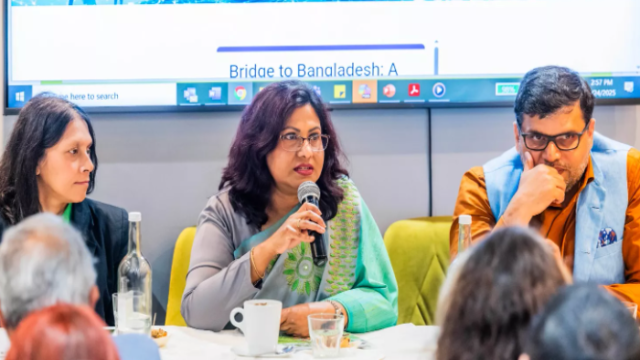

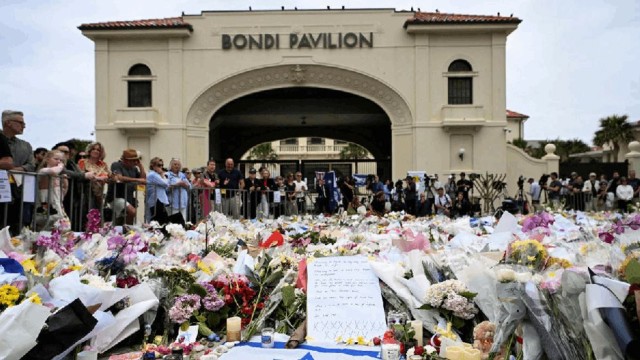

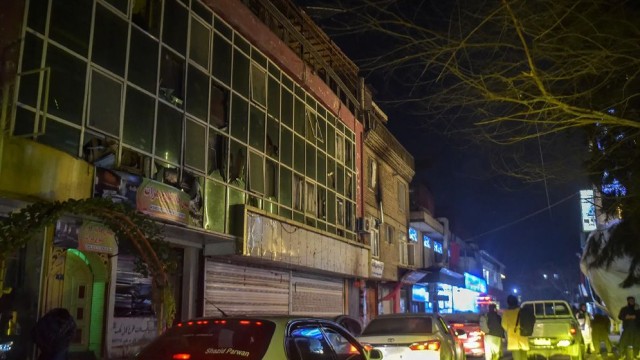
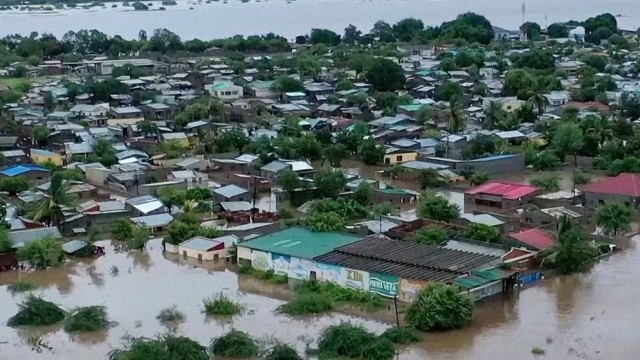

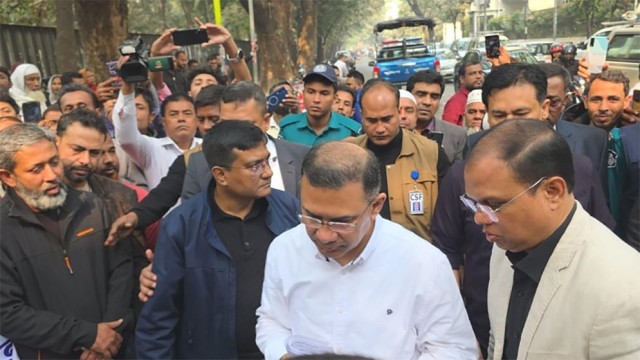
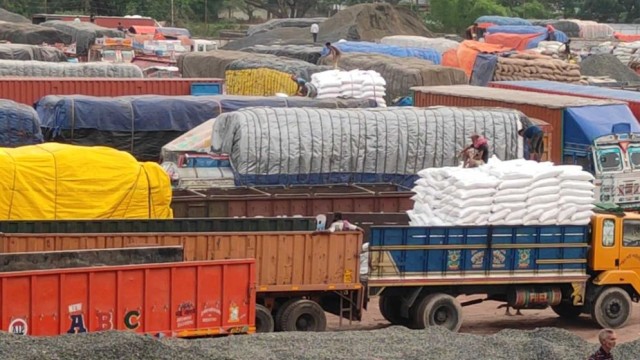
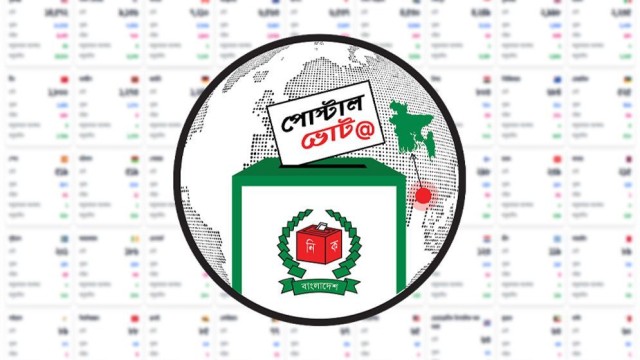


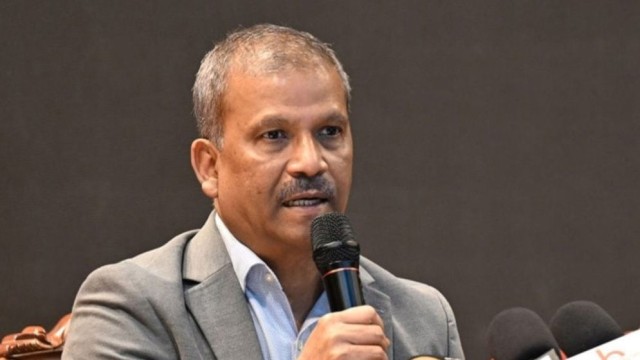
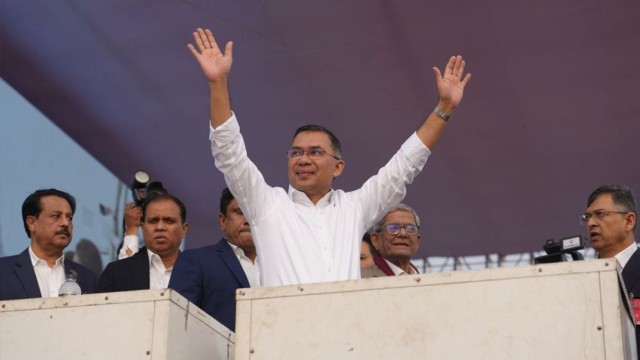


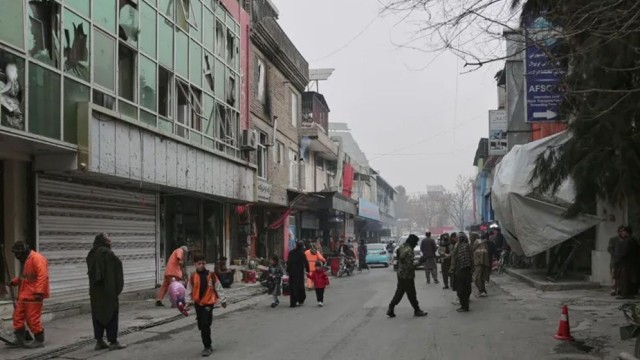





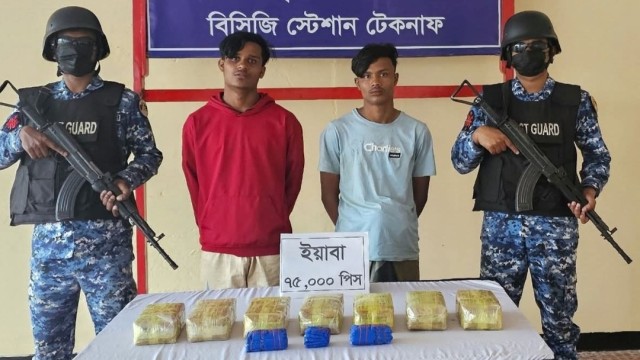



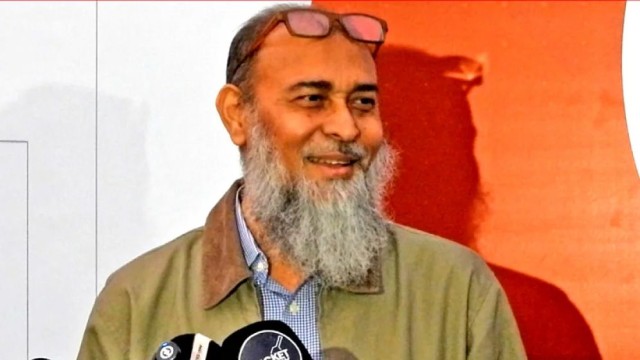

Comment: